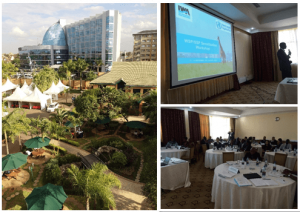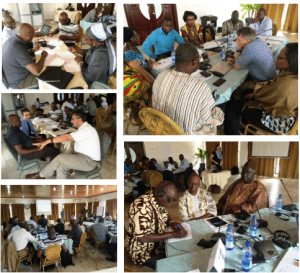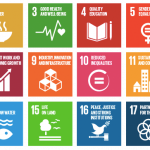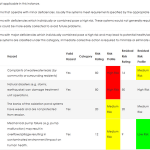Expanding Water Safety Planning in Africa
Water Safety Plans (WSPs) are widely recognized as the most reliable and effective way to consistently manage drinking water supplies to safeguard public health. Since 2011 IWA has coordinated a capacity building programme in 10 East-African countries to implement WSPs, supporting a number of water service providers in their development and implementation. The aim of the programme is not only to improve water supply safety through WSP implementation in water suppliers, but to also a build a critical mass of expertise, tools and case studies to catalyze large scale WSP implementation across Sub-Saharan Africa. Since late 2014, IWA complimented this project with targeted support for water utilities in six West African countries, undertaking baseline assessments of current drinking water quality policies and practices, capacity building for WSP implementation, on-going support and facilitation for WSP implementation and identification of low-cost interventions to support drinking water quality improvement.
With these previous and ongoing activities in mind, IWA has engaged with the World Health Organization (WHO) to strategize on a programme of work for WSP support across the region. The overall development goal behind this initiative is the scaling up of WSP application as a routine practice, through the creation, across the region, of an enabling policy and institutional environment for water safety planning. This is linked to the development of a strong human resource base for the introduction or expansion of water safety planning as the approaches of choice for drinking water quality management, with the capabilities and skills that support national implementation and regional technical networking in this area.
As part of this initiative, Emanti assisted IWA facilitate Water Safety Planning and Sanitation Safety Planning Sensitization Workshops in Nairobi, Kenya on 17th and 18th September and in Accra, Ghana on 1st and 2nd October. Expected workshop outcomes included:
- Understanding of current drinking water quality practices within selected East and West African countries, including policy frameworks, regulatory requirements, roles and responsibilities, capacity of different countries, best practices, water safety planning activities and laboratory dimensions.
- Identification of key policy, regulatory, capacity and resource gaps.
- Improved understanding and ownership of water safety planning by stakeholders/agencies/utilities.
- Shared learnings/experiences and associated challenges in water safety planning.
- Continued knowledge dissemination and promotion of water safety planning.
- Improved efficiency and effectiveness in water safety planning.
- Improved relationships between stakeholders/agencies/utilities and the IWA/WHO to strengthen the on-going development and implementation of water safety planning in Africa.
- Basic understanding of Sanitation Safety Planning (SSP).
The lessons learnt from the two workshops will be used to develop appropriate way forward strategies for each specific participating country.
